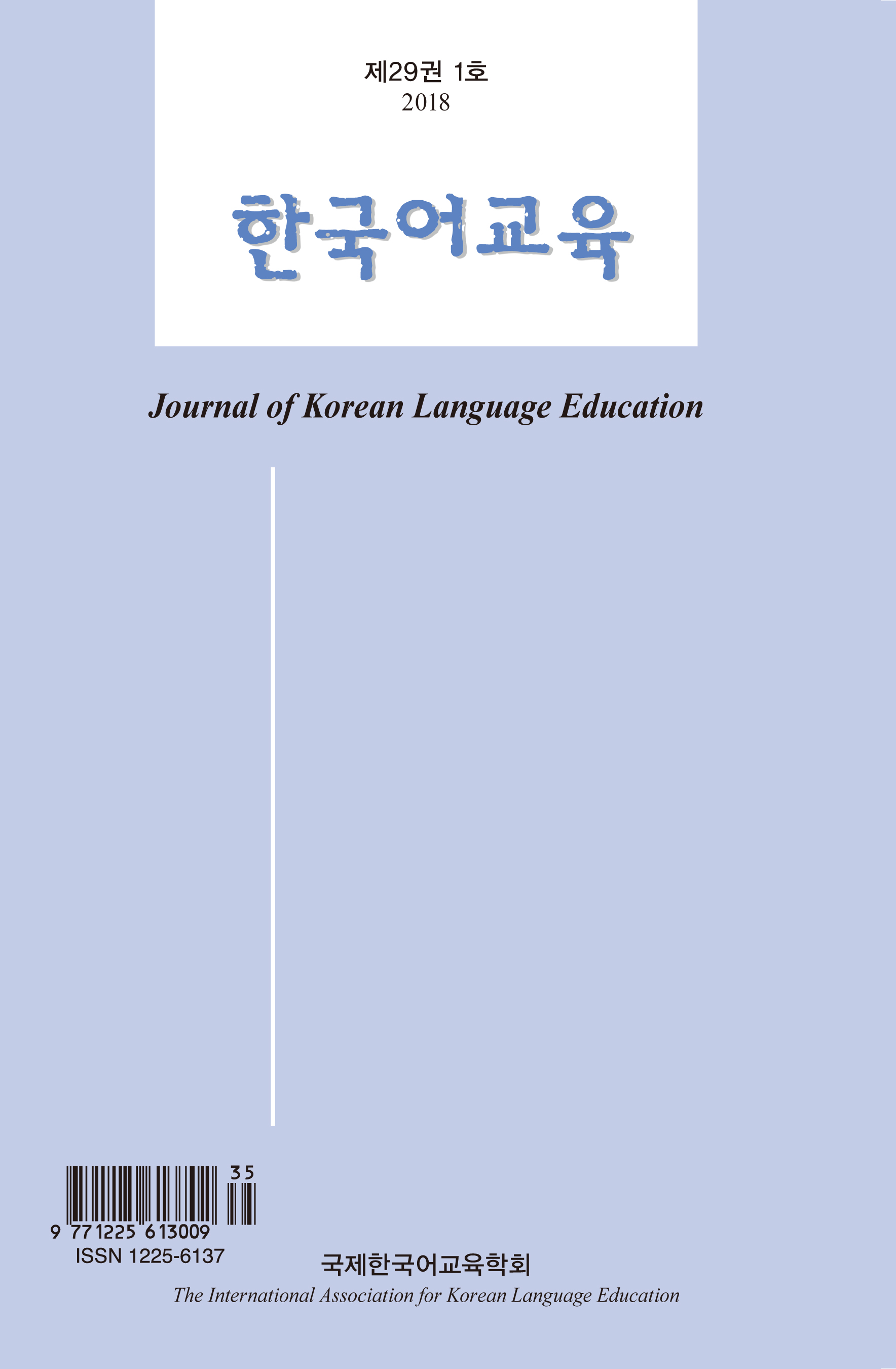This paper investigates how adult Mandarinand English- speaking learners of Korean perceive Korean vowels, with focus on the effect of the first language (L1) and the second language (L2) acoustic relationship, as well as the influence of Korean language experience. For this study, native Mandarin and Canadian English speakers who have learned Korean as a foreign language, as well as a control group of native Korean speakers, participated in two experiments. Experiment 1 was designed to examine acoustic similarities between Korean and English vowels, as well as Korean and Mandarin vowels to predict which Korean vowels are relatively easy, or difficult for L2 learners to perceive. The linear discriminant analysis (Klecka, 1980) based on their L1 L2 acoustic similarity predicted that L2 Mandarin learners would have perceptual difficulty rankings for Korean vowels as follows: (the easiest) /i, a, e/ >> /i, Λ, o, u/ (most difficult), whereas L2 English learners would have perceptual difficulty rankings for Korean vowels as follows: (the easiest) /i, a, e, i, Λ/ >> /o, u/ (most difficult). The goal of Experiment 2 was to test how accurately L2 Mandarin and English learners perceive Korean vowels /i, Λ, o, u/ which are considered to be difficult for L2 learners. The results of a mixed-effects logistic model revealed that English listeners showed higher identification accuracy for Korean vowels than Mandarin listeners, indicating that having a larger L1 vowel inventory than the L2 facilitates L2 vowel perception. However, both groups have the same ranking of Korean vowel perceptual difficulty: i > Λ > u > o. This finding indicates that adult learners of Korean can perceive the new vowel /i/, which does not exist in their L1, more accurately than the vowel /o/, which is acoustically similar to vowels in their L1, suggesting that L2 learners are more likely to establish additional phonetic categories for new vowels. In terms of the influence of experience with L2, it was found that identification accuracy increases as Korean language experience rises. In other words, the more experienced English and Mandarin learners of Korean are, the more likely they are to have better identification accuracy in Korean vowels than less experienced learners of Korean. Moreover, there is no interaction between L1 background and L2 experience, showing that identification accuracy of Korean vowels is higher as Korean language experience increases regardless of their L1 background. Overall, these findings of the two experiments demonstrated that acoustic similarity between L1 and L2 sounds using the LDA model can partially predict perceptual difficulty in L2 acquisition, indicating that other factors such as perceptual similarity between L1 and L2, the merge of Korean /o/ and /u/ may also influence their Korean vowel perception. (University of Toronto)




